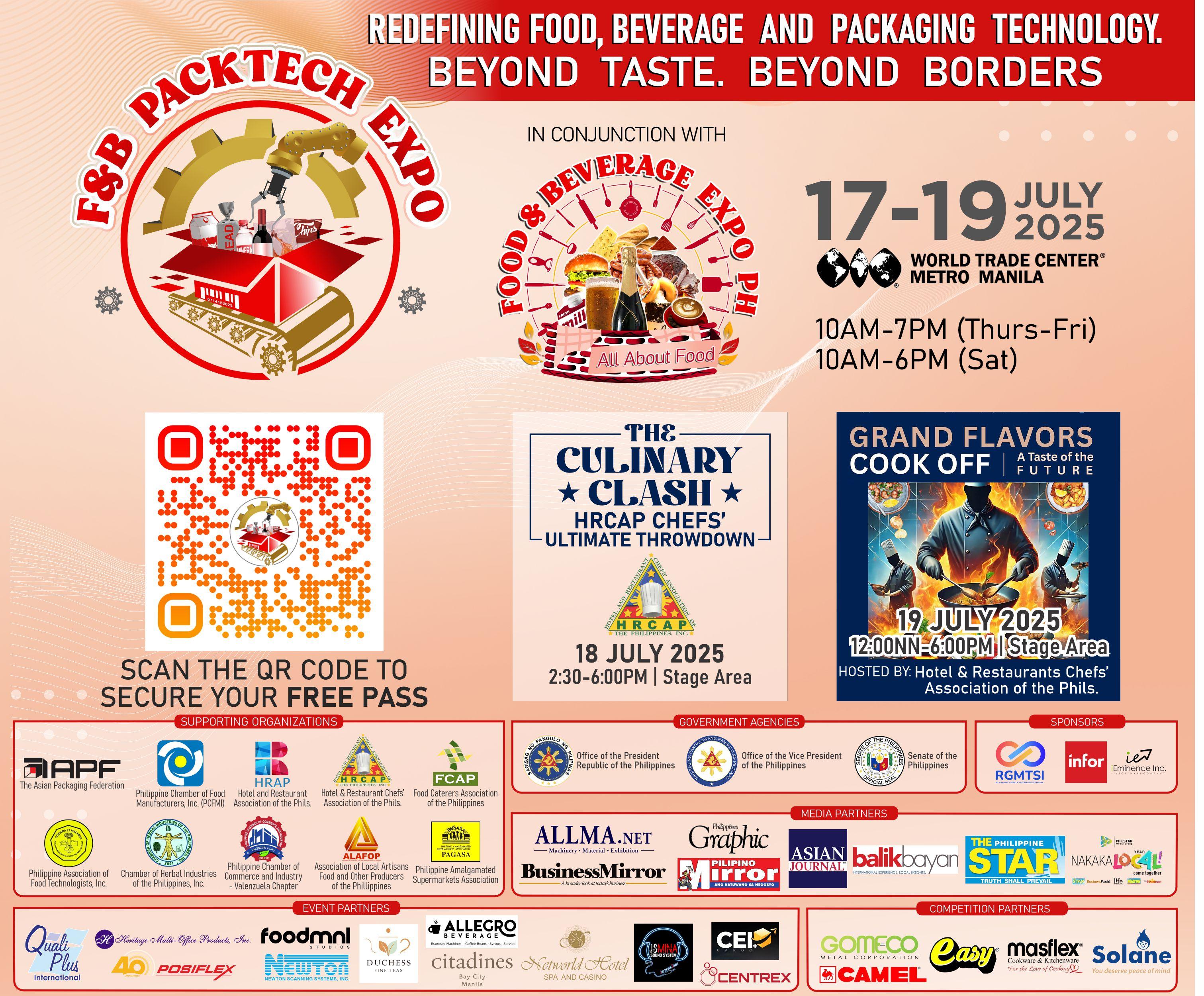FKEDUP NYC: Filipino History in 5 Courses is a pop-up dinner held in celebration of Philippine Independence Day, June 12, at Court Tree, 371 Court St 2nd Fl, Brooklyn at 7:30 pm. The five-course culinary tour of Philippine history features the various influences on the country’s cuisine including Malay sauces, Arabic spices, and Spanish techniques.
“This is going to be a really special meal, given the timing with Filipino Independence Day. Seeing history on a plate… We’re thrilled to have this delicious meal create community and conversation about our history and where we are now and where we can go,” said Noel Aglubat, Pilipino American Unity for Progress (UniPro) executive board vice-president.
The dinner will be hosted by Filipino Kitchen, The Errant Diner & Hidden Apron crew, and UniPro and will be the second event in an ongoing collaboration of the three entities playfully called #FKEDUP, a collaboration of appreciators and makers of fine Filipino food, true kindred spirits who will create experiences online and in-person that explore our favorite subject. They seek to expand the conversation about Filipino cuisine, and by extension, Filipino culture.
The pop-up dinner takes place in tandem with Filipino Kitchen’s workshop on Saturday, June 6, at UniPro’s fifth annual Multinational Forum for Pilipino Young Professionals, Students, and Youth, also known as the UniPro Summit. In recognition of the Summit theme, “Recognize,” Filipino Kitchen will present a workshop called “Cooking as a Political Act” to address how choices in purchasing ingredients, cooking, dining out, and eating affect one’s self, family and community.
Chef Paolo Espanola, founder of The Errant Diner and Hidden Apron crew, will present a menu informed by the political, religious and cultural history of the Philippines.
A portion of proceeds will benefit the Advancement for Rural Kids, Inc. (ARK), an organization working with farmers and local communities in eradicating hunger, getting kids back to school, and providing new income and industry to rural communities in the Philippines.
Diners can view the menu and purchase tickets (with or without drink pairing): https://filipinokitchen.webconnex.com/fkedupnyc. For additions and significant revisions, advisories will be issued to the press. High-resolution photos of the collaborators available upon request.
####
Through our cuisine, Filipino Kitchen connects Filipinos everywhere with our cultural heritage and the possibilities of our shared future. Currently based in Chicago, we cook and share our delicious cuisine at pop-up meals and food events. On our website, Filipino Kitchen documents with photography, interviews, stories and recipes, the makers and appreciators of Filipino cuisine and its continuing evolution. Through connecting across the diaspora with our shared love and pride of our food, we hope to lead a long-coming renaissance. The masterminds and masterhearts behind Filipino Kitchen are writer Sarahlynn Pablo, photographer Natalia Roxas-Alvarez and project manager Caitlin Preminger. Filipino Kitchen is online at http://filipino.kitchen and on Facebook, Instagram and Twitter.
The Errant Diner // Hidden Apron Throughout Paolo Espanola’s childhood years in Saudi Arabia, his formative years in the cold Midwest, and finally in the concrete jungle of New York, food has always been a large part of his life. Paolo has dabbled in blogging, catering, and throwing pop-up dinners. Check out his blog for philosophical rants and recipes or his catering crew, Hidden Apron, for all your feasting needs.
Pilipino American Unity for Progress (UniPro) is a New York City-based 501(c)(3) nonprofit organization that envisions a world with a unified Filipino American voice. Founded in 2009, UniPro‘s mission is to engage Filipino Americans through collaboration, advocacy, and leadership development. It seeks to transform Filipino students & young professionals into community leaders through its various programs, which incorporate professional development, history, and policy through the lens of the Filipino experience. Ultimately, UniPro asks Filipino Americans to critically answer, “How do you define Progress?”
- Looking Forward to the Largest San Francisco Marathon 2025
- Whistleblower who exposed alleged corruption in NBN-ZTE deal speaks out after nearly three years in prison
- Marcos to Press U.S. on Tariffs and Security in First Washington Summit With Trump
- Jordan Clarkson Brings Scoring, Style, and Substance to the Knicks
Back To Top






